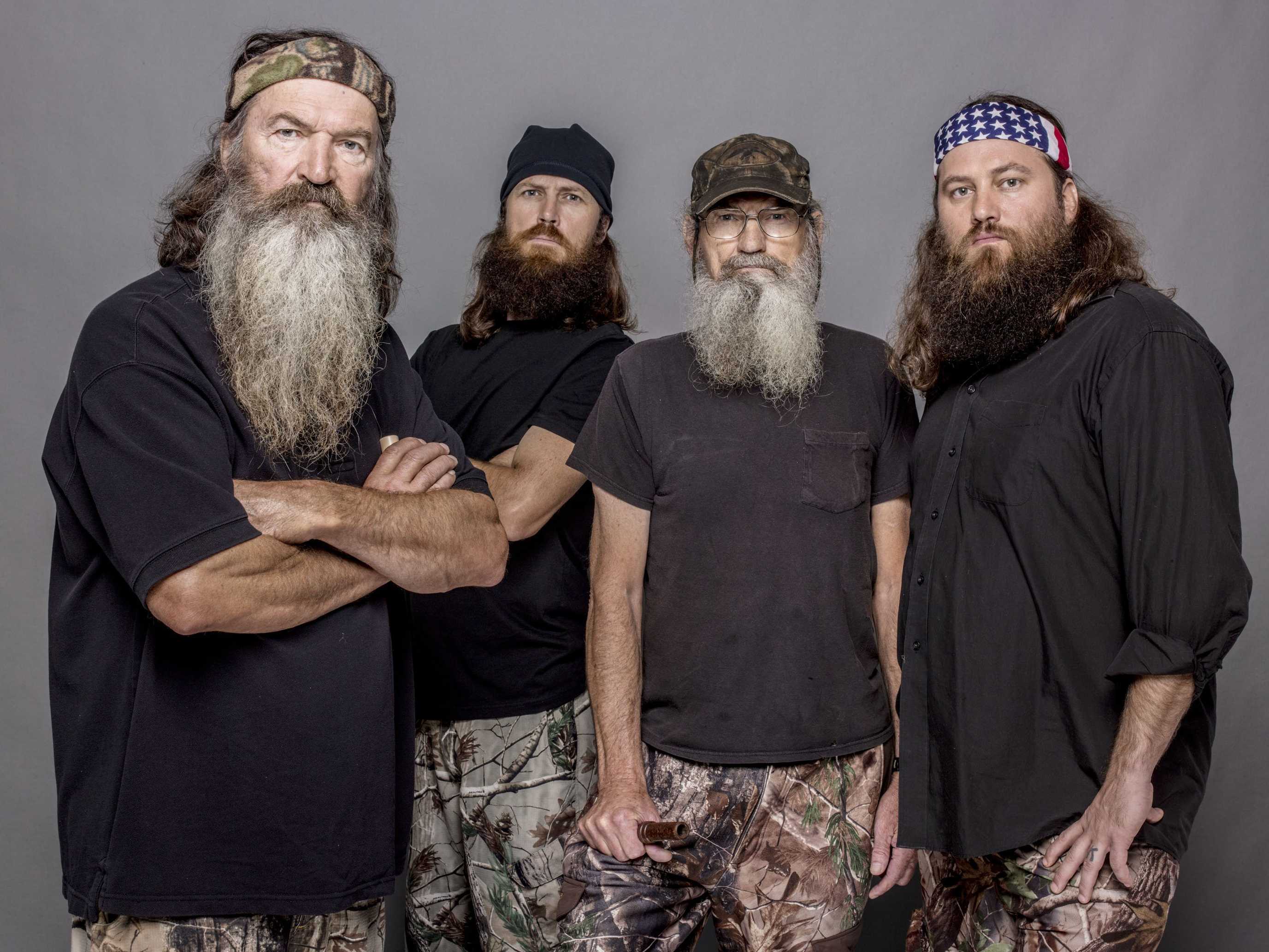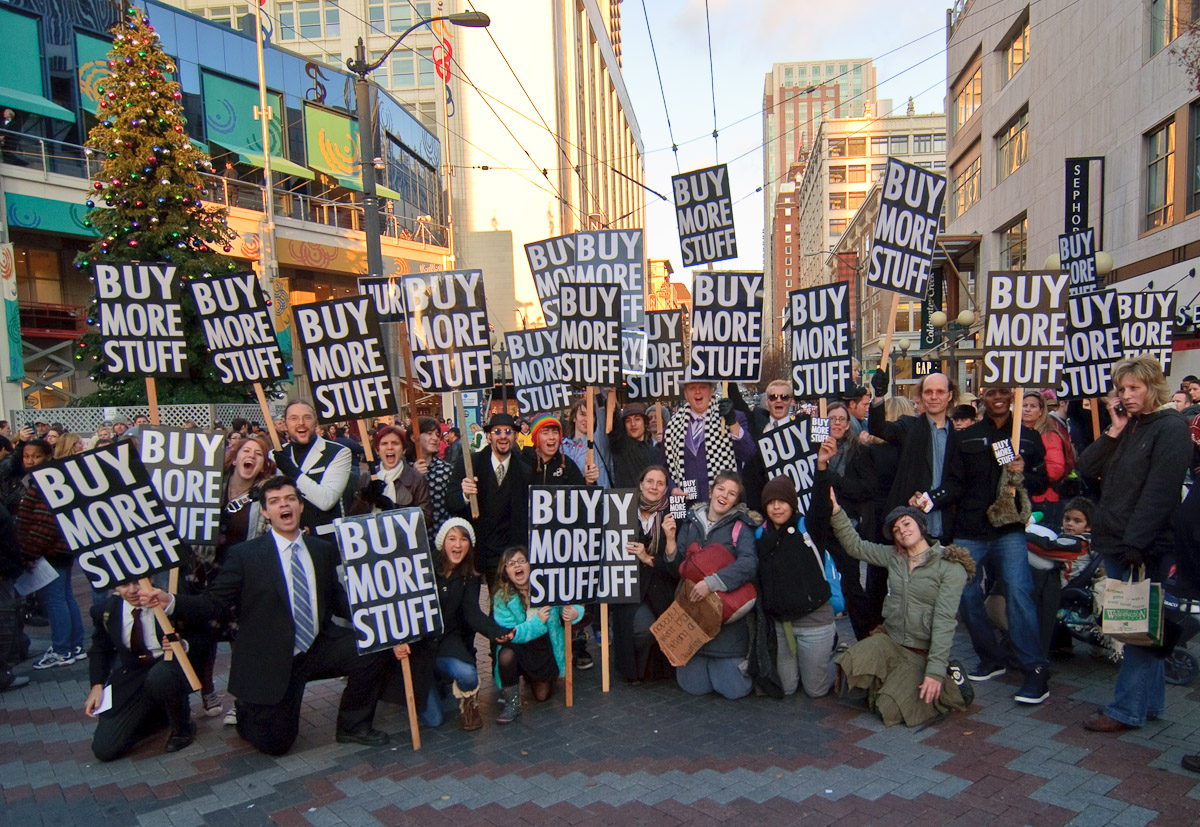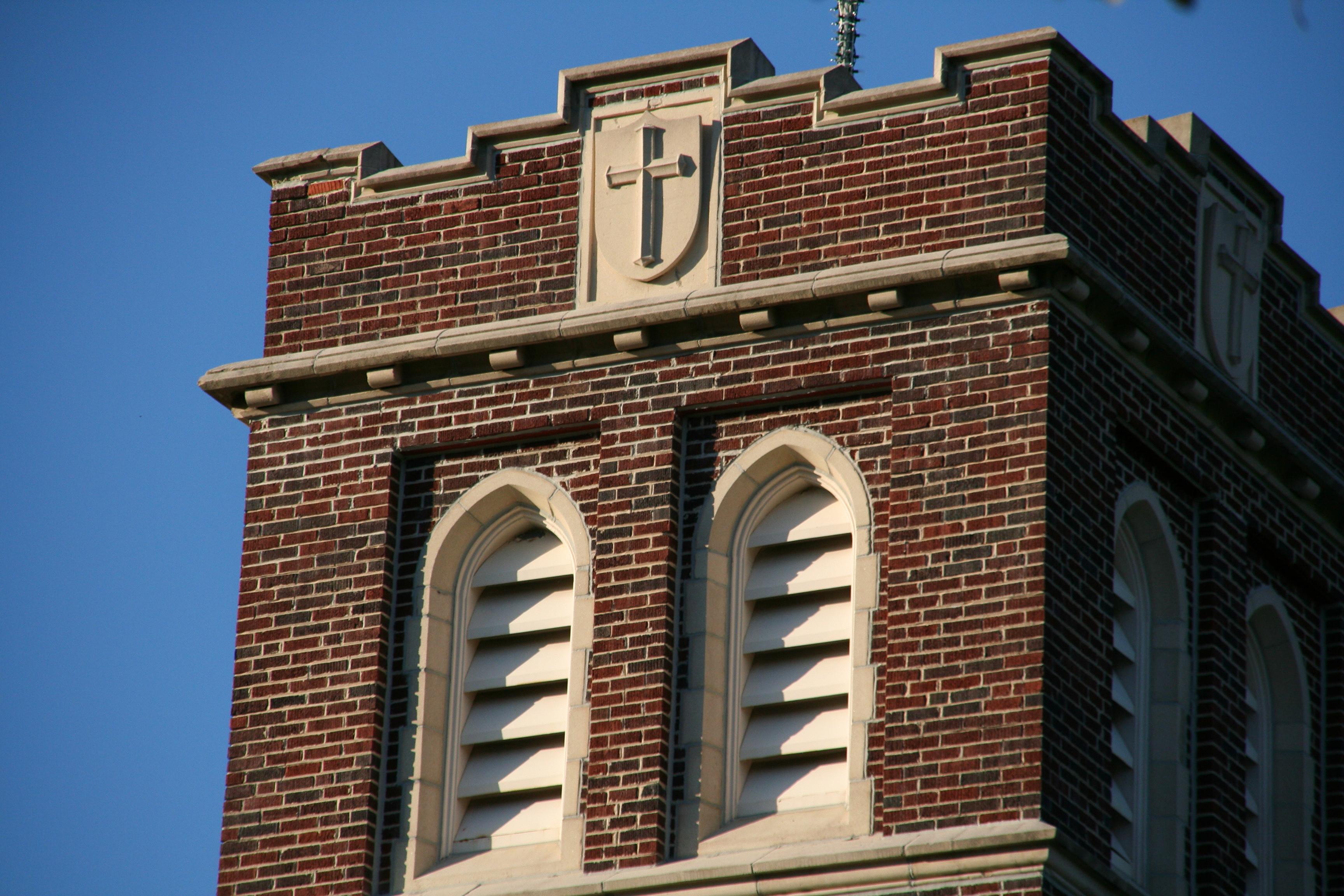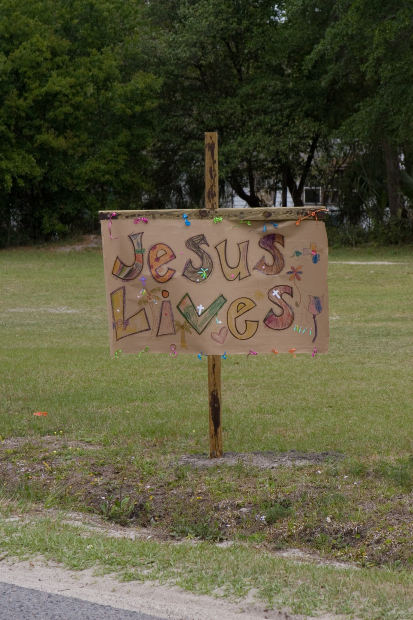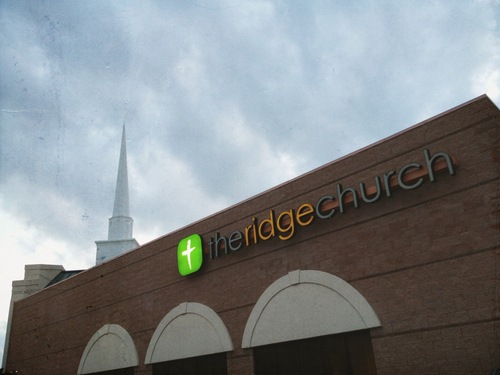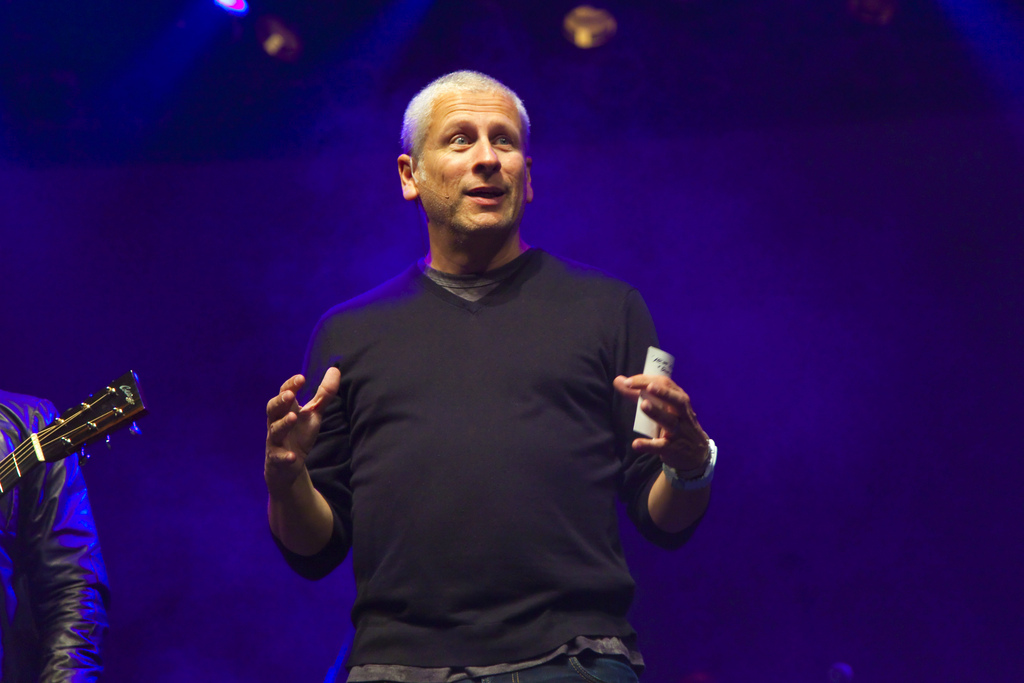I don’t watch the news (if I can help it), so I rely on Twitter and word-of-mouth to stay connected with the outside world. Late last night, I was informed of Phil Robertson’s suspension from the A&E reality show Duck Dynasty for voicing his opinions about same-sex marriage.
I was immediately outraged. “As if they didn’t see this coming,” I thought. “How can they suspend someone from their own TV show.”
I was angry, but I didn’t get on Twitter. Instead, I went to bed.
When I woke up this morning, I was calm and collected, which enabled me to read several blog posts, in an attempt to gain perspective on the issue as a whole, rather than just one side of it.
And honestly, this tweet from Glenn Packiam was enough for me. (Our Christian imperative is to announce “Christ is Lord” in the public square, not to announce Christian morality to the unbelieving public.) But I didn’t stop reading there.
It was then that I found out that Phil Robertson did not simply politely state his opinion and quote a Scripture. Rather, he went into a lengthy and crude monologue that went something like this: It seems like, to me, a vagina—as a man—would be more desirable than a man’s anus. That’s just me. I’m just thinking: There’s more there! She’s got more to offer. I mean, come on, dudes! You know what I’m saying? But hey, sin: It’s not logical, my man. It’s just not logical.
But Phil did not stop there. He also launched into a dissertation on African-Americans that many would find highly offensive.
Cue the conservative Christians claiming persecution and violation of the First Amendment (which is in the Bible, right?).
As Randy Bohlender pointed out, conservative Christians seem to be having a consistency problem. He cited this article, about a University of Kansas professor who was put on leave after a controversial—make that hateful—tweet.
Here is the harsh reality: If we want to play the “freedom of speech” card, we have to let this guy talk too. Freedom of speech means freedom to be hateful if one chooses. God has made us powerful, and He also gave us tongues.
I think it’s also important to note that A&E is the one who signs the checks, so they do have the authority to call the shots. It’s no different for us; we technically have the freedom to say whatever we want, whenever we want, but we also know that there are some things we say that may cause our employers to stop signing our checks. Why do we expect famous people to be able to say whatever they want and get away with it, when we ourselves know better?
If a logical standpoint isn’t enough for you, I can present a biblical one. The Constitution does NOT rank on the same level as Scripture. Jesus never promised us free speech. He never promised us freedom of expression. In fact, in His day and culture, these things did not exist as they do now, and Jesus did nothing about it, aside from showing us a new way—the way of the Kingdom.
We are not called to be right; we are called to be like Jesus. And Jesus, who faced far more persecution than you and I will ever face, was silent in response to His accusers.
It’s almost as if Jesus knew something that we still have yet to learn, isn’t it?
“If possible, so far as it depends on you, live peaceably with all.” Romans 12:18, ESV
Jesus—and Paul—both call us to do everything we can to live in peace with everyone. (This includes out water cooler conversation, as well as our social media accounts.) They also promised persecution would come, which is what happens when we forsake the ways of the world and choose the ways of Jesus. Angry protesting, boycotts and petitions are the ways of the world; unconditional love, the forgiving of enemies (in His lowest and most vulnerable point, no less), and sometimes, silence, are the ways of Jesus.
One of the blog entries I read was by Matthew Paul Turner, who made the point that it’s just a TV show. And while many would say that it’s not “just a TV show” (it’s about us losing our freedom!), the reality is, there are far more important things in life. Like the fact that 500 people were killed in Sudan yesterday? That’s actually important. But conservative Christians didn’t talk much about that, did they?
Please, keep an open mind as you read this next paragraph, because it’s very important: Do you think maybe, just maybe, that’s the reason why the world hates us and doesn’t want anything to do with Jesus? Maybe they aren’t rejecting Jesus; maybe they’re rejecting the way we present Him. Maybe they’re rejecting us.
I think if Jesus had to pick between talking about the Sudan issue or talking about the Duck Dynasty issue, He would pick the Sudan one. And you know what scares me about that? If I’m being completely honest, I care more about the Duck Dynasty issue than the Sudan one.
The reality is, none of us are like Jesus as much as we think we are. But what if the world saw us taking a stand for the least of these? What if, instead of angry protests and rants, they instead heard us proclaiming that the Kingdom of God is here?
“Let your gentleness be evident to all. The Lord is near.” Philippians 4:5, NIV
In this verse, Paul calls us to let the world see the gentle side of us. Why? Because the Lord is near. The Kingdom of God is at hand. God’s kindness leads people to repentance. And God’s kindness (or lack thereof) is most often displayed through His people.
I love the ESV, because it uses the word “reasonableness” instead of “gentleness”. When we angrily call the people on the other side of this issue “intolerant”, we are actually the ones who come across as the most intolerant. But what if we showed the world that we’re actually reasonable people who are open to dialogue? Not to change our beliefs, but just to talk. Because where there is yelling and protesting, there is no talking.
Most professional communicators will tell you that it’s not what you say, but how you say it. I think this issue with Phil Robertson is one of those situations. And if Jesus has called us to do everything we can to live in peace, shouldn’t we be concerned about how we come across?
